The Bias Against Biases – An Evolutionary Perspective
I reviewed the literature before starting this article. Surprised that this subject is discussed a lot with the same title, “Bias against biases.” However, I did not read any of those articles not to be influenced. Titles are suggesting to me it is mainly related to politics.
I have been studying evolution theory for ten years (as a hobby) because I find its perspective fascinating. Not the subject of today, but I will talk about the bias against the bias from an evolutionary perspective. I need to bring an essential concept for natural selection: “Energy Efficiency.”
The energy efficiency concept is an important parameter in natural selection. For example, our brains consume a lot of energy. If they were bigger, we would be more intelligent, ceteris paribus. This could be an advantage for us in natural selection. We would want it, right? The answer is that our ancestors could not survive with bigger brains. There are some human species that we know have bigger brains than ours. (Well, they are not smarter, but because they have bigger brains, they consume more energy). The problem with consuming too much energy is that it requires more food. And species cannot survive if they cannot find enough food. Do not think about the abundance of our modern life. Think about the life “hunter-gatherers” lived. (Noah Harari explains well how our ancestors lived before the agricultural revolution in Sapiens: A Brief History of Humankind.)
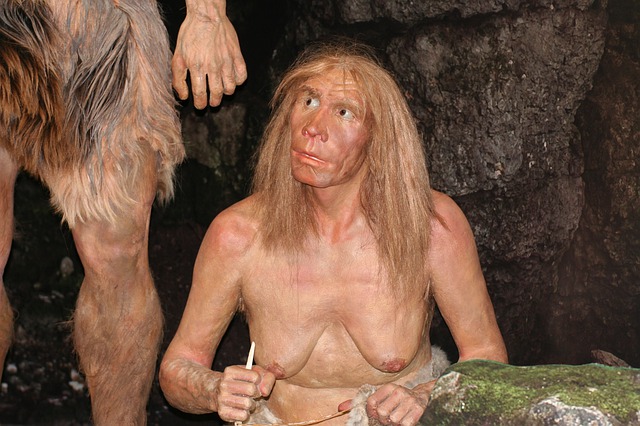
I talk about the energy efficiency parameters because the human mind develops biases so that we can conserve energy. It is an implicit mechanism necessary for our survival. If you don’t have any biases on any subject (not possible), we have to rethink it every time we encounter a problem and issue. And thinking about it, again and again, is going to cost you a lot of energy. Well, actually, that doesn’t sound nice because it’s not going only to cost you energy, it’s going to cost you more such as time. There will be an opportunity cost. Basically, you would not have enough time to “live.”
If you accept the merits of your biases, we can proceed. You may say, “we are not hunter-gatherers, and we do not need to conserve energy as much as before.” This is so not true. An average hunter-gatherer is anticipated to have more skills than an average modern human. They needed to learn the types/features of materials in their environment, geography, hunting, cooking, tool-making, and more. The delusion comes from comparing ourselves with a medieval farmer. Yes, compared to an average person who lived before, for instance, 1800, we may have more cognitive skills. Moreover, some people argue that human brains started to shrink. For example, Why Have Our Brains Started to Shrink? Do not worry; we will not be affected 🙂
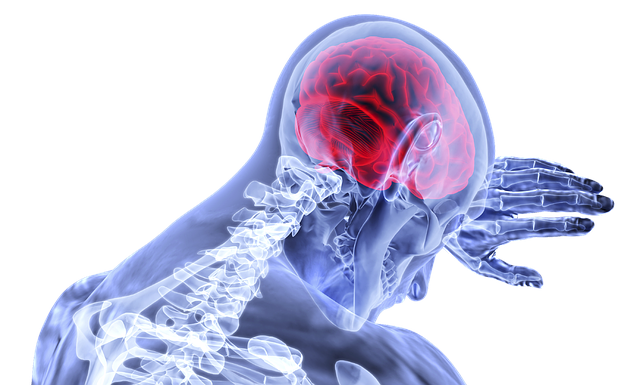
The other merit of the biases is that they are often true. We have another “sample selection bias.” in this context. People can see how false biases lead people to the wrong conclusions. However, the majority of our biases lead to valid conclusions. Yet, we are inclined to blame the concept of bias because we are not aware of how biased thinking is helpful and is an indispensable feature of the human mind. We always need to make generalizations of the world (inductive reasoning) so that we can understand and adapt it.
In summary, our biases are our evolutionary advantage preventing our brain from consuming too much energy. The good thing about our brain is that we can stop and reevaluate those biases. Actually, well, we all do that very often. Just think about the last 20 years. And think about how our moral ground has been changing every year, how our opinions are changing in racism, in gender inequality, or actually how our opinions are changing in gender definition, etc. We are now unbiased, right? No!! We are just forming new ones. The problem is not the biases of people. The problem is people who cannot reason.
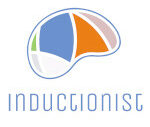
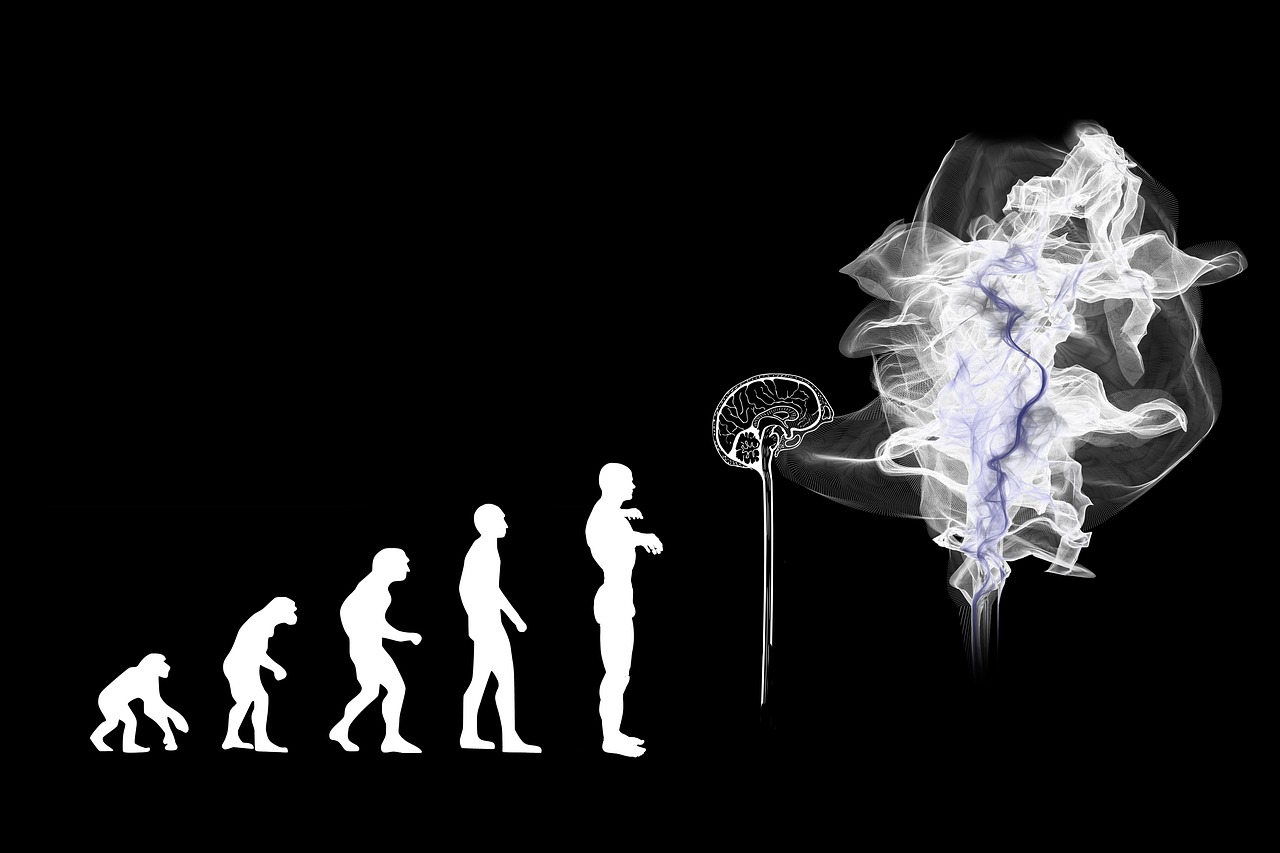
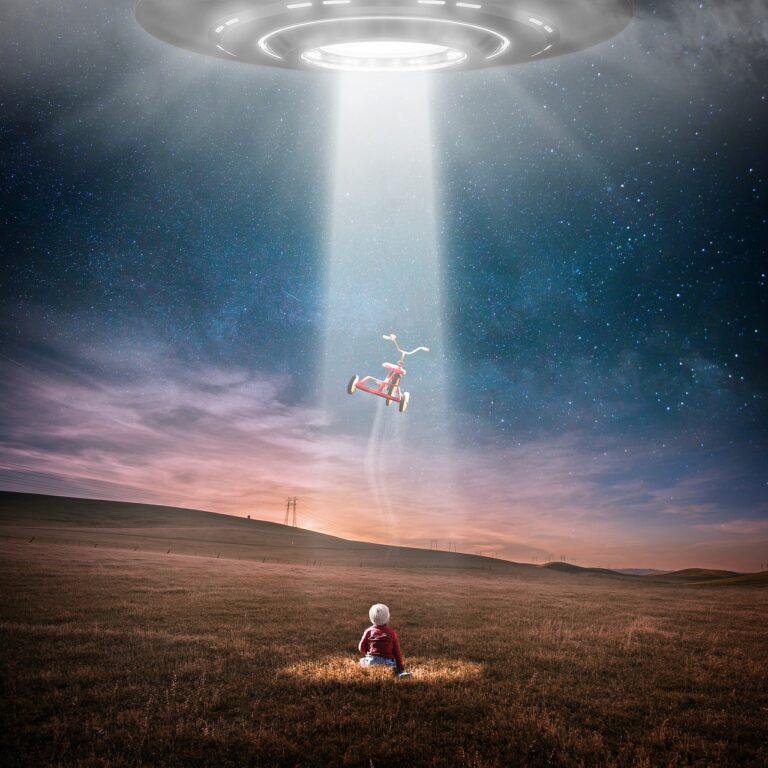
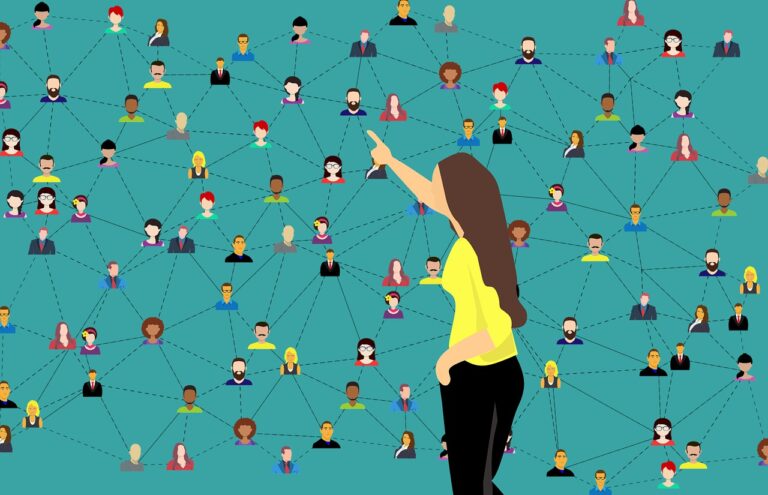
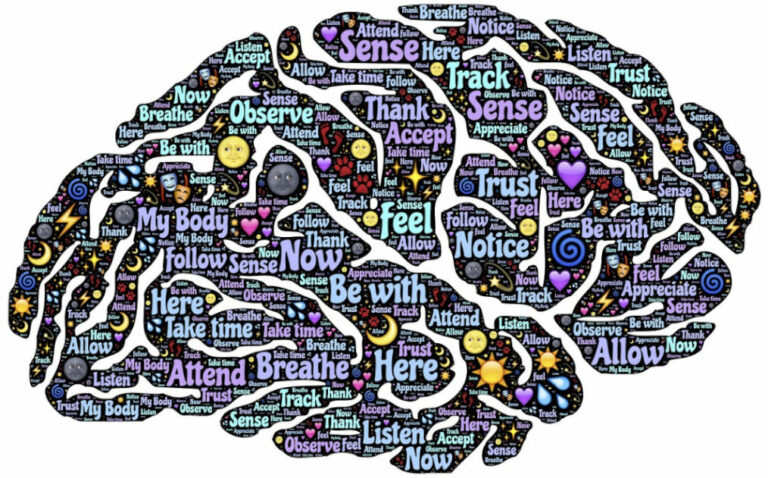
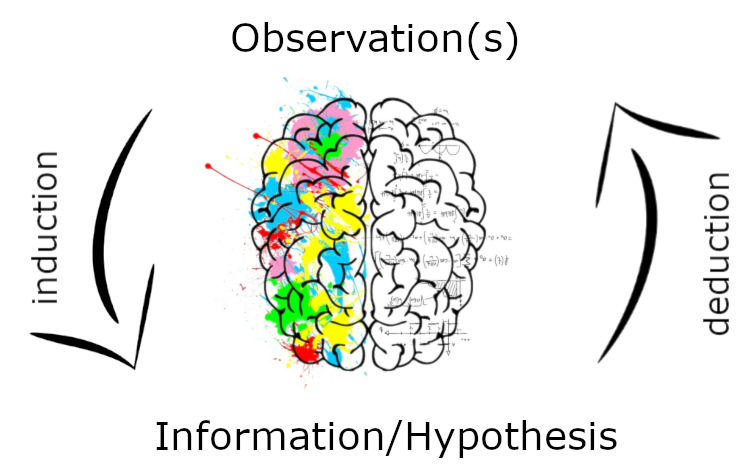

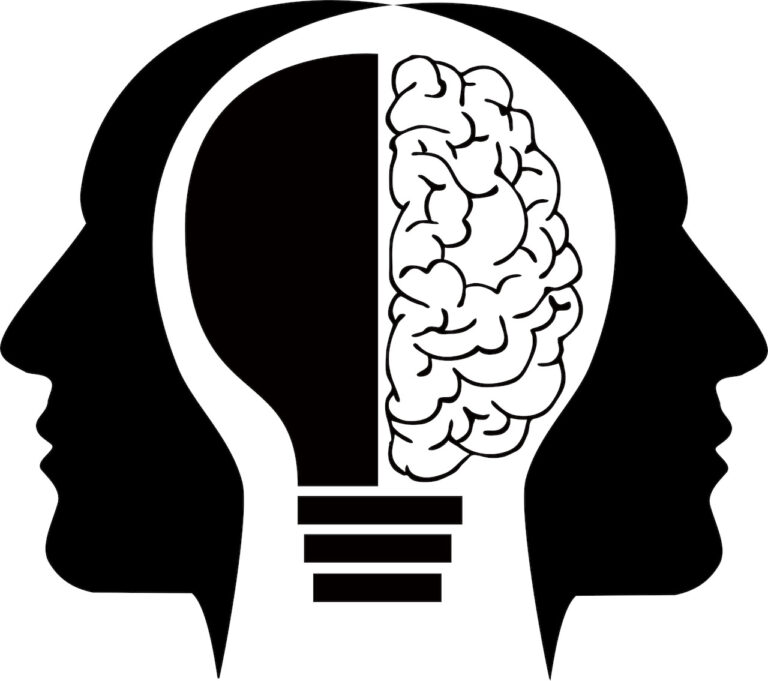
One Comment